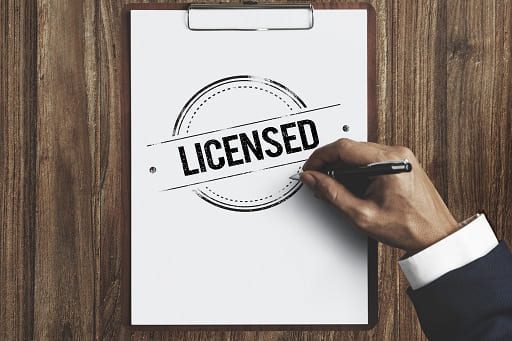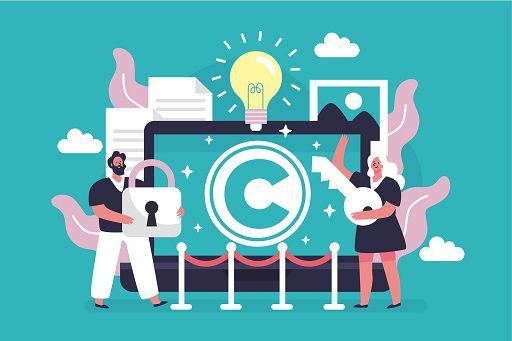Understanding a Successful Patent License Agreement
When it comes to intellectual property, a patent is one of the most important things you can have. A patent gives you the right to exclude others from making, using, or selling your invention for a set period of time. If you have an invention that you think is marketable, you’ll need to file for a patent and figure out how to license it. Keep reading to learn everything you need to know about patent licensing.
What is patent licensing and why is it important?
Patent licensing is a critical tool for companies and entrepreneurs alike to protect their inventions, brands, and other intellectual property. Put simply, it’s a formal agreement between two parties that grants one the right to make use of a patent held by the other. The patent holder, usually an individual inventor or company, allows another party, who could be any sort of business organization including another company or even an individual consumer, to produce, use and/or sell a product using the patented technology.
As such, it’s essential for pioneering products and ideas to remain protected from copycats as well as allow them access to market opportunities they may not otherwise have had.
Moreover, it provides an extra revenue stream for inventors and innovators who have invested much time and effort into developing their inventions. By taking the right precautions for the security of your intellectual property you can ensure that your hard work pays off!
The basics of patent licensing agreements
Patent licensing agreements are great tools for protecting and monetizing ideas that have been developed! When properly constructed, these agreements will enforce the intellectual property (IP) rights of the patent holder, while allowing others to benefit from the invention or idea.
While these types of agreements can vary significantly from one situation to another, they typically involve some transfer of technology or financial payment (or both) in exchange for the privilege to use a given patent. Whether you’re creating something new or considering licensing IP rights, learning the basics of patent licensing agreements is important.
With some knowledge and help from an experienced professional, you can draft an agreement that will help ensure your ideas are appropriately protected and monetized.
How to negotiate a patent license agreement
Before beginning negotiations, take the time to learn about the patent in question and research the current market value of similar patents. By conducting this due diligence ahead of time, you’ll be better positioned to defend your position when discussing royalty rates and other details with the other party. Speak to any attorneys or other professionals who have experience negotiating patent licenses so that you can fully understand all the elements of an agreement. From there, it will simply become a matter of taking the initiative in getting the conversation started. When expectations are laid out ahead in clear terms, both sides will feel more comfortable reaching a reasonable solution that best serves their interests. Remember, patience and thoughtful communication is always key when negotiating a patent license agreement!
The benefits of patent licensing
Patent licensing can be hugely beneficial to businesses, allowing them to get a return on the investment that was made in research and development. It can also create mutually beneficial partnerships between two parties, as the party who now owns the license can use the patented technology to develop their own product or service. Companies are able to take advantage of technologies without bearing the cost themselves, while also increasing their ability to compete in their field. This creates a dynamic and productive environment where innovation flourishes and economic growth becomes possible – a win/win situation for everyone involved.
The risks of patent licensing
Patent licensing is a great way to share innovation without risking overall ownership, but comes with its own set of risks. It is important to consider the long-term implications of whatever license agreements you make. Not only can conflict and confusion arises between licensors and licensees, but it can also be easy to underestimate the timespan or impact of the patent during negotiation.
Some parties may not be aware of what technology they should be licensing nor know how successful implementations could potentially infringe other patents that overlap. Partnerships even have the potential for negative legal and financial complications to arise if each side does not understand their responsibilities in terms of payment, duration, privilege, and exclusivity. So before leaping into a licensee agreement, it’s essential to do your research and cover your bases!
Tips for success when licensing your patents
While you certainly should ensure that you understand all the fine details before entering a licensing agreement, there are three key tips that can help make the process smoother and more successful.
- Firstly, thorough research is key: you ought to know who is likely to be interested in purchasing your patent and their requirements in order to tailor-make any licensing agreements effectively.
- Secondly, compatibility is paramount: it’s important to constantly evaluate potential collaborators to ensure that you both have similar goals and are on the same page throughout.
- Lastly, if possible, have an advocate or lawyer assist in reworking any documents so they best fit both of your needs. Following these guidelines will make the entire process much easier, and help ensure success when licensing your patents!
Patent licensing can be a great way to generate revenue from your patents and broaden the impact of your inventions. When done correctly, it can provide many benefits with minimal risk. However, there are some important considerations to keep in mind when negotiating a patent license agreement, such as making sure you retain the rights to improve or sell your invention and ensuring that the other party has the resources and capability to bring your technology to market. By following these tips, you’ll be on your way to success when licensing your patents.
Need to Request or Submit Information?
Related Posts

How an IP Licensing Agreement with TAAL Will Benefit nChain’s Blockchain-Related Patents

How IP Licensing Deals Ensure Mental Health Startups Like Lantern Thrive
About Us

